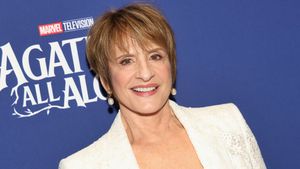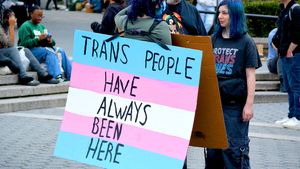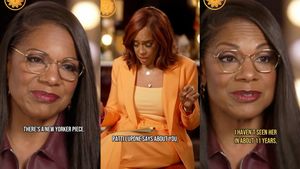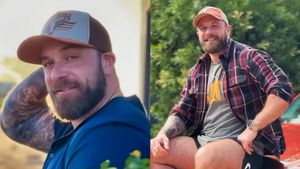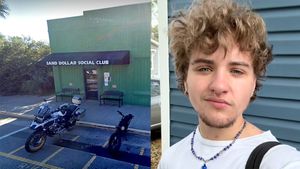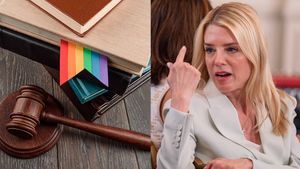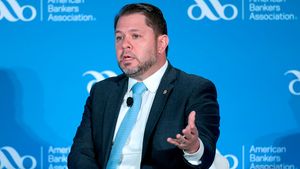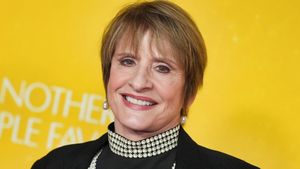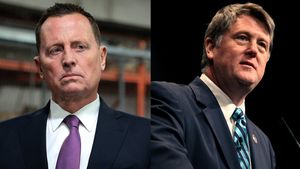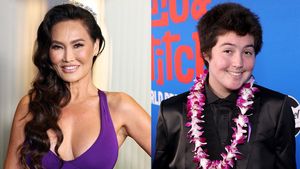While many professional sports teams have dropped Native American mascots at the urging of activists, over 1,000 schools in the United States still use them.
A poll from FiveThirtyEight found that over 1,200 high schools across the country have mascots with Indigenous imagery or characters. While some have received backlash from local communities, many have pushed to change them in recent years.
"The mascot imagery just continues to perpetrate and reinforce colonial white supremacist ideas and [stands] as a barrier for new opportunities for dialogue and education," Michael Johnson, chief strategy officer of racial justice organization IllumiNative, told NPR.
According to the 2020 census, 1.1 percent of the US population self-identifies as Native. A study from the University of Michigan the same year reported that around 70 percent of Native Americans find team names and mascots, such as the Redskins or Chiefs, offensive.
At least 21 states have proposed doing away with Native mascots altogether. On Long Island, New York, 55 school districts and 12 high schools have mascots with Native American themes. On Tuesday, the state's Board of Regents voted to retire them all by 2025. If schools fail to comply, they risk losing state funding.
Colorado passed a similar ban that went into effect last June, but as of last month, five schools with the Native Thunderbird symbol were deemed "out of compliance." In Washington, as is the case with New York's policy, a 2021 rule allowed schools to continue using a Native mascot, so long as they received permission from the nearest federally recognized tribe.
State Representative Debra Lekanoff, who is part (Alaskan) Aleut, said that Washington's law was a "win-win" for both Native communities and schools, as it created opportunities for "a consultation between the local school district and the [tribes]."
"To know the history of the people whose lands you live upon would just strengthen the relationship and the understanding and the respect of the first Washingtonians," she said.
- Indigenous Land Acknowledgements Have Native Activists Split ›
- 'Crying Indian' Anti-Pollution Ad Retired by Native American Advocacy Group ›
- Schools Unfairly Punish Black and Disabled Students — Now They'll Be Held Accountable | AdvocateChannel.com ›
- Is it Columbus Day or Indigenous People's Day? ›
- Olympic Lacrosse Gives Indigenous Culture a Chance to Shine ›

